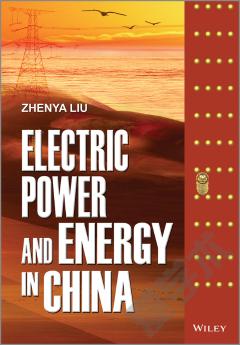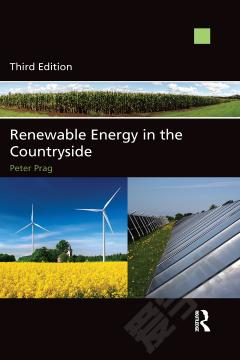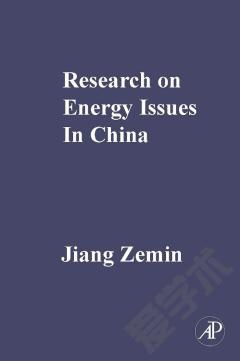Renewable Energy in China
China is an energy-dependent country and its rapid economic growth in the past 30 years is accompanied by tremendous energy consumption. Constrained by resource endowment, most of the primary energy consumed in China is coal, which leads to serious global, regional and local environmental issues. To ensure sustainable development, China has formulated ambitious targets for developing renewable energy and dozens of policies to deliver it have been adopted. Especially since the enactment of the Renewable Energy Law in 2006, renewable energy has experienced a boom in China. Now China is the biggest developer of hydropower and wind power, as well as the biggest manufacturer of PV cells in the world. This book is a systematic review on renewable energy in China and focuses on four interrelated topics: resources, institution, policy and industry development. The introductory chapter will describe the overall picture of renewable energy in China. Then four industries, including wind power, solar power, biomass and ocean power, will be discussed in separate chapters around the policy, industry development, barriers and market prospective. In light of the important role in delivering renewable energy, the next chapter discusses the progress of smart grids in China, with a particular perspective on the institutional arrangement for promoting its development more effectively. A chapter is devoted to the progress of Golden Sun Program, the Chinese government’s initiative to promote the domestic solar power market. Another chapter addresses rural energy, poverty and renewable energy, a special topic on social and developmental aspects of renewable energy. The last chapter presents the topic of energy systems in transition and proposes policy suggestions for delivering renewable energy in China.
{{comment.content}}








 京公网安备 11010802027623号
京公网安备 11010802027623号